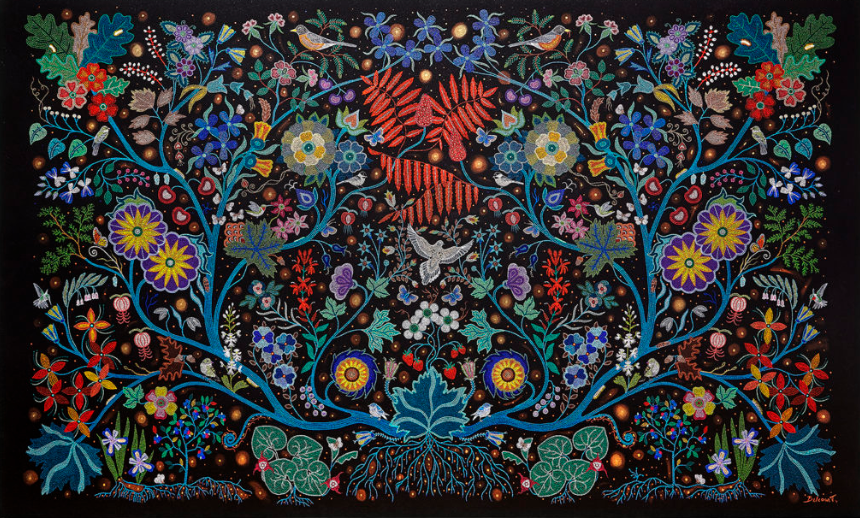This post serves as a companion piece (last in our 3-blog series) to Video Resources, and Fiction Picks, written in celebration of National Indigenous History Month this June.
As we continue to celebrate and learn about the history of Indigenous Peoples in Canada throughout the month of June, nonfiction resources are great tools to further your understanding of a specific topic.
This post will outline three main information sources that you can use for research, to enhance your understanding, or simply satisfy your curiosity. A brief description will follow each source linked and towards the end of the post, you will find 5 recommended readings in case you need help starting off.
Three Main Sources
This guide is a prime resource if you need help to begin your research within Indigenous studies. It encompasses an interdisciplinary approach to key topics in the historical, socio-political, and cultural dimensions of Indigenous life.
With everything from keyword strategies, to recommendations, to great databases, this is the perfect place to begin your search for nonfiction resources.
Our Top Picks:
Library and Archives Canada offers treaty maps, virtual exhibitions and more
Indigenous Peoples of North America (Gale) is a great place to find primary sources from Canada.
This website not only highlights helpful search points in our catalogue where you can begin your reading but also features amazing recommendations for articles such as Decolonizing methodologies: Research and Indigenous Peoples by Linda Tuhiwai Smith and Kaandossiwin: How We Come to Know by Absalon, K (Minogiizhigokwe).
This platform is an institutional digital repository that ensures that research produced at McGill is easily accessible, disseminated, and preserved for future interests – all the while maintaining researchers’ copyright. This is a great place to read scholarly articles and further your understanding of different topics related to Indigenous studies that are written by individuals in the McGill community. You can keyword search exactly what you’re looking for using the search bar and learn about anything from using education as healing, to preserving Indigenous languages in universities to political theories on settler colonialism.
Recommended Reads
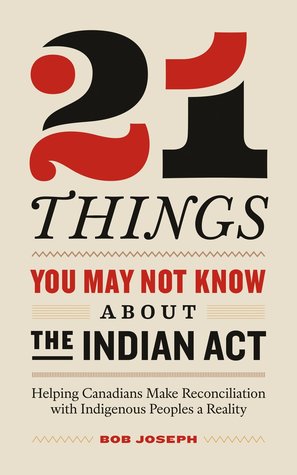
Based on a viral article, 21 Things You May Not Know About the Indian Act is the essential guide to understanding the legal document and its repercussions on generations of Indigenous Peoples, written by a leading cultural sensitivity trainer. Since its creation in 1876, the Indian Act has shaped, controlled, and constrained the lives and opportunities of Indigenous Peoples, and is at the root of many enduring stereotypes. This book comes at a key time in the reconciliation process when awareness from both Indigenous and non-Indigenous communities is at a crescendo.
w

Fighting for a hand to hold: confronting medical colonialism against indigenous children in Canada by Samir Shaheen-Hussain
Penned by a member of the McGill community, this book exposes the medical establishment’s role in the displacement, colonization, and genocide of Indigenous peoples in Canada. Through meticulously gathered government documentation, historical scholarship, media reports, public inquiries, and personal testimonies, Shaheen-Hussain connects the draconian medevac practice with often-disregarded crimes and medical violence inflicted specifically on Indigenous children.
w
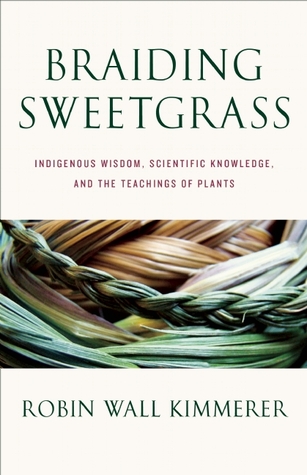
As a botanist and professor of plant ecology, the author has spent a career learning how to ask questions of nature using the tools of science. As a Potawatomi woman, she learned from elders, family, and history that the Potawatomi, as well as a majority of other cultures indigenous to the Americas, consider plants and animals to be our oldest teachers. In this book, she brings these two lenses of knowing together to reveal what it means to see humans as “the younger brothers of creation.”
w
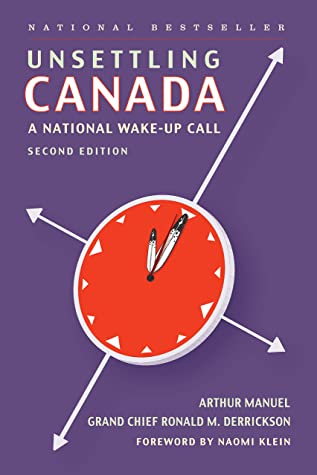
Unsettling Canada : a national wake-up call by Arthur Manuel and Ronald Derrickson
As the son of George Manuel, who served as president of the National Indian Brotherhood and founded the World Council of Indigenous Peoples in the 1970s, Arthur Manuel was born into the struggle. From his unique and personal perspective, as a Secwepemc leader and an Indigenous activist who has played a prominent role on the international stage, Arthur Manuel describes the victories and failures, the hopes and the fears of a generation of activists fighting for Aboriginal title and rights in Canada.
w
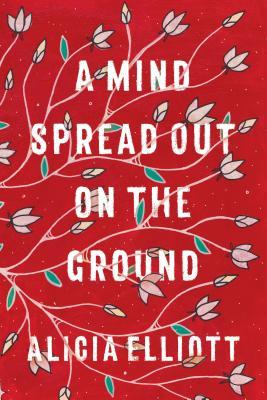
A mind spread out on the ground by Alicia Elliott
A bold and profound work by Haudenosaunee writer Alicia Elliott, A Mind Spread Out on the Ground is a personal and critical meditation on trauma, legacy, oppression and racism in North America. In an urgent and visceral work that asks essential questions about Native people in North America while drawing on intimate details of her own life and experience with intergenerational trauma, Alicia Elliott offers indispensable insight and understanding to the ongoing legacy of colonialism. What are the links between depression, colonialism and loss of language–both figurative and literal?
This blog is co-authored by Tamanna Patel and Vanja Lugonjic

